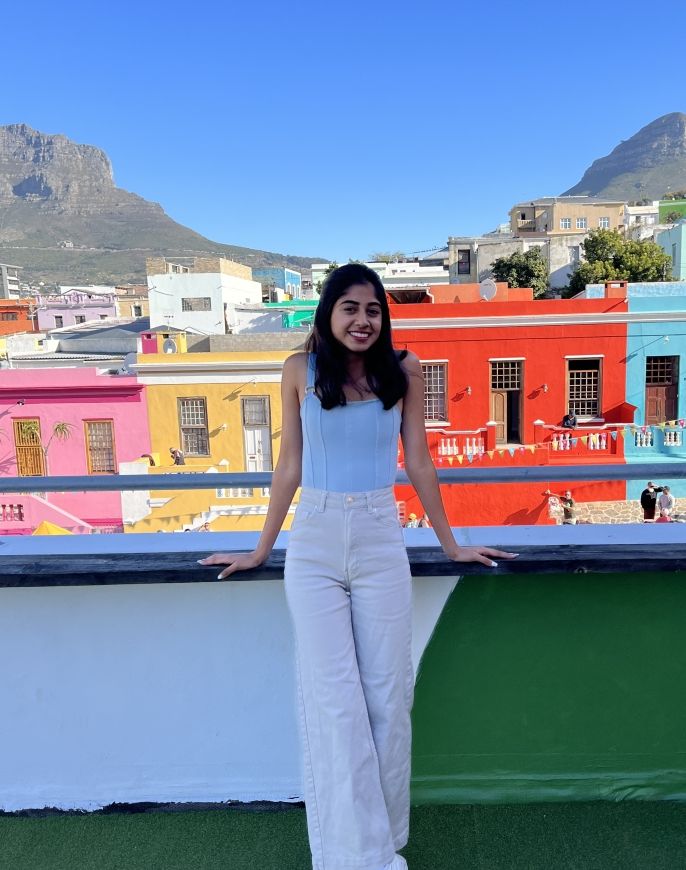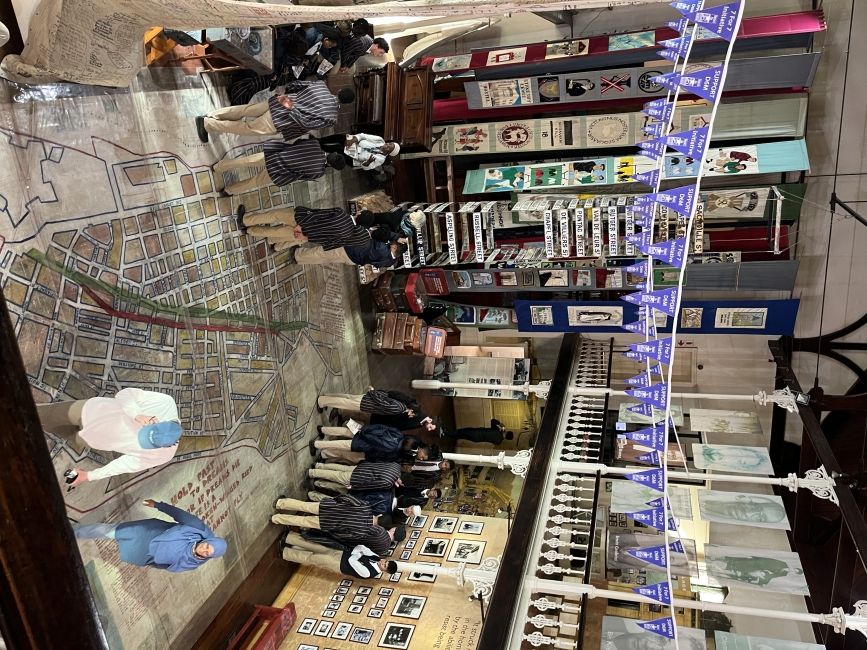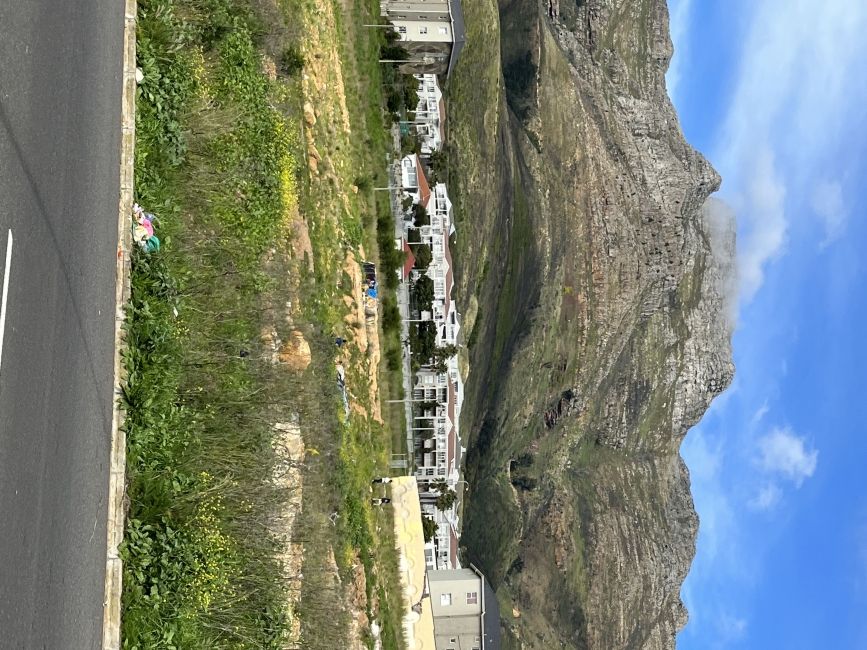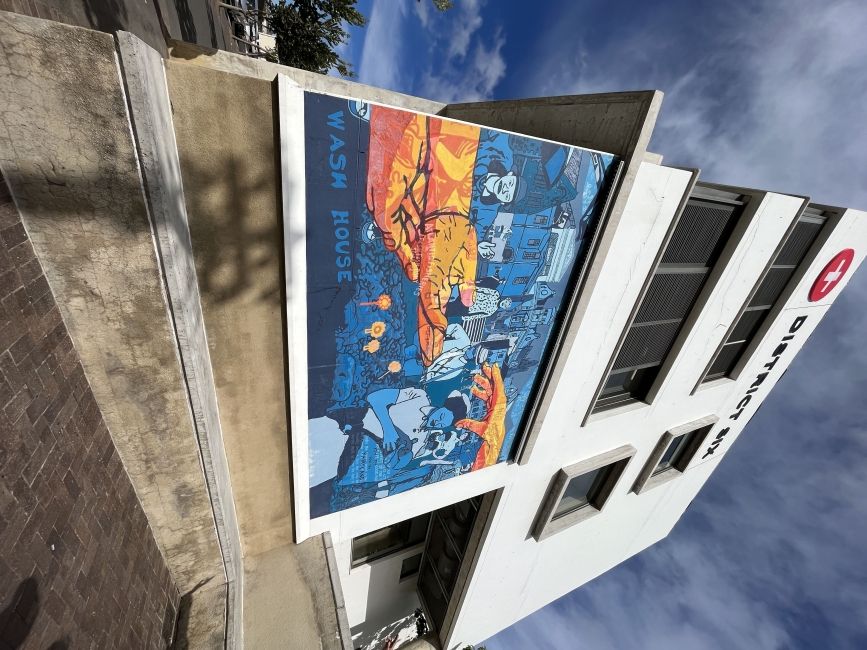Food Dialogues
"Food Dialogues"
Authored by Arti Petal
(Arti Patel is a 3rd year undergraduate student at UCLA as a Human Biology and Society major with a Public Health minor. Her goal is to address inequalities through an intersectional lens and using a public health scope.)
During my finals at UCLA, I had the opportunity to write a paper on a topic of my choice. I chose to write it on the effects of Apartheid-era policies on Cape Town as I could learn about the socioeconomic climate of the city I would soon be spending 8 weeks in. I now know that the paper I wrote did not scratch the surface of a city that has been torn apart in countless ways. The undeniable beauty of Cape Town is captivating through the eyes of a tourist. However, living in this city for over a month now has allowed me to change my perspective and remain observant of my surroundings in more ways than one. The racially motivated policies during Apartheid ripped through Cape Town’s once vibrant and harmonious communities. By forcibly removing people from their homes in the center of the city and physically moving them to townships like Gugulethu or Hanover Park in the Cape Flats, Apartheid has rippled trauma throughout Cape Town and its residents for generations to come.
I had read about District Six and the way 60,000 residents were moved to the Cape Flats when writing my paper in the comfort of my UCLA dorm. However, visiting the District Six museum and hearing about the heinous acts of separation and removals from a tour guide who experienced it all firsthand left me shocked. On the tour, I learned about how not only communities were torn apart, but families too were separated, removed from their homes, and policed so strongly that they were unable to see each other. This is because the color of peoples’ skin, eyes, and hair resulted in being categorized separately (i.e. two siblings could have dark skin and brown hair, but the one with blue eyes could be labeled as “Coloured” and the other with brown eyes could be labeled as “Black”). Therefore, these two siblings would be separated and moved to different townships. I never understood how ignorant and close-minded I was in the United States until I had the experience of seeing first-hand the impacts of the heart-breaking policies, I merely read about a month prior.
My internship at the South African Urban Food and Farming Trust (SAUFFT) and working on the Food Dialogues project has also contributed to my transformed perspective of Cape Town. I have had the opportunity to interview and interact with several Cape Town chefs and food system professionals. I met with people who work with the informal sector hands-on, acting as economic advisors for those who sell fruits and vegetables on the street, as well as people who pool their money together to purchase large quantities of groceries directly from farmers in the townships in an effort to support the marginalized community as well as feed their families good, healthy food. I even had the opportunity to speak with some individual informal traders on the streets of the Central Business District (CBD) in order to gain a more holistic understanding of how Cape Town’s food system operates.
I learned a great deal about how what most people consider to be the “informal economy” of Cape Town is actually a highly formalized system with great potential to feed the malnourished and neglected populations. Despite the clear lack of adequate infrastructure and transportation for a city of its size, the Epping Food Market stands to be the hub of Cape Town’s complex food system. Individual food vendors from all over the city travel to the Epping Food Market daily at 4am to retrieve the fruits and vegetables they will sell later in the day. These vendors then head to their food stands, which range in location from the pedestrian street of CBD’s St. George’s Mall to street corners in townships like Langa or Philippi. Companies like the Informal Economy Development Forum and the Kálésanwá Solidarity Finance Cooperative work with people in the “informal” sector to help them actualize their potential by developing strong financial skills. I have loved getting to know Cape Town and developing a new perspective through my internship. Rather than make connections between the various social determinants of health in a theoretical context, I am able to apply my public health knowledge while exploring this unique city. I truly believe that I could not have had a better Summer Global Internship experience than working for SAUFFT and Food Dialogues.
Related Posts
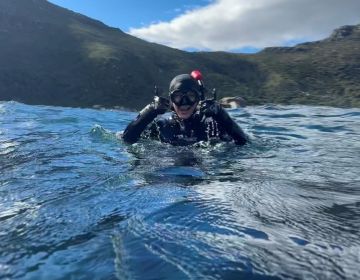
The Cape Seal of Approval
Authored by Kai Edem (she/her) (Kai is a second-year undergraduate student at Agnes Scott College, majoring in Neuroscience. She is excited to discover more about research opportunities available during her... keep reading
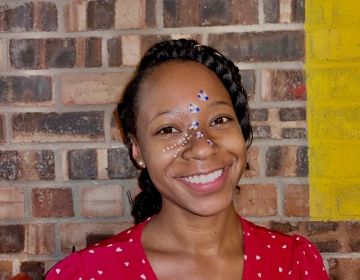
Interning in a Township: Prepare to Be Unprepared
Authored by Destiny Daniel (she/her) (Destiny is a senior at Howard University studying Communications and Maternal & Child Health. She loves to watch reality TV and explore her creativity. She... keep reading
Deconstructing the Term "Township"
Authored by Jordyn Hoff (she/her) (Jordyn is a graduating junior at Arizona State University studying Nonprofit Leadership & Management. She is set to serve in the PeaceCorps after graduation as... keep reading
